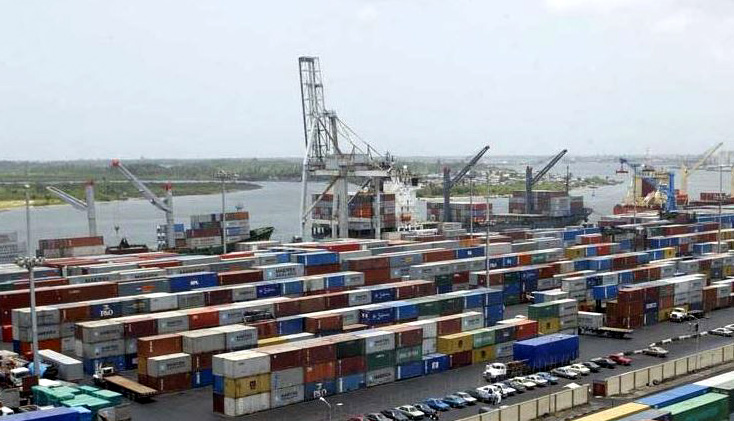Oil prices fell by 3 per cent on Monday as Iraq announced record-high oil production feeding into a heavily over-supplied market.
Iraq’s oil ministry said oil output had reached a record high in December.
Its fields in the central and southern regions produced as much as 4.13 million barrels a day, according to the government.
The oversupply has wiped out much of the gains made in one of the biggest-ever daily rallies last week.
Advertisement
Brent crude, the global benchmark, was down 83 cents at $31.35 a barrel at 1247 GMT, losing 2.6 per cent from its closing price on Friday, when Brent surged 10 per cent.
A senior Iraqi oil official said the country might raise output even further this year.
“The news that Iraq has probably hit another record builds on the oversupply sentiment,” said Hans van Cleef, senior energy economist at ABN Amro in Amsterdam.
Advertisement
“The oversupply will keep markets depressed and prices low, and on the other hand short positions are in excessive territory.”
The closing of large amounts of short positions had caused a huge rally on Friday that was largely undone again on Monday, creating huge volatility in the oil market.
Investors expect oil prices to rebound. Data from Intercontinental Exchange showed speculators raised net positions of Brent crude in the week ending January 19.
Indonesia’s OPEC governor said support among the Organisation of the Petroleum Exporting Countries (OPEC) for taking steps to prop up crude prices is slim.
Advertisement
The governor said only one OPEC country supported an emergency meeting over the matter.
At a separate event in London, Abdullah al-Badri, the group’s secretary-general, said he saw some signs the market was rebalancing.
He also said OPEC and non-OPEC producers needed to work together to tackle oversupply in order to prop up oil prices.
Speaking on the sidelines of a different conference on Monday, the chairman of Saudi’s Aramco said oil prices would ultimately balance at a moderate level as demand continued to rise.
Advertisement
In the US, one of OPEC’s largest production rivals, a further drop in the number of oil rigs was expected to weigh on output.
US investment bank Goldman Sachs said it expected production to decline by 95,000 barrels per day in 2016, including well deferrals, higher than previously assumed.
Advertisement
Add a comment






